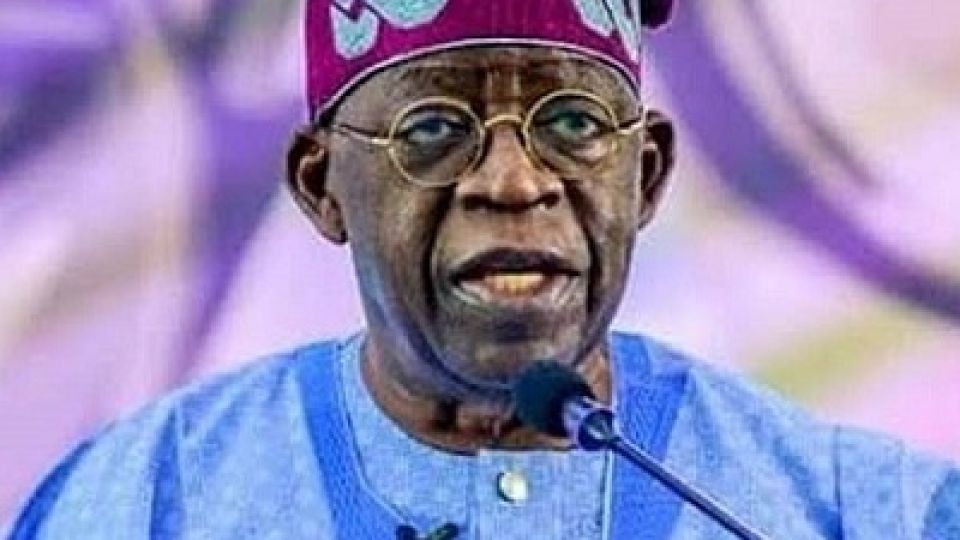from OKORO CHINEDU in Lagos, Nigeria
Nigeria Bureau
LAGOS, (CAJ News) – THE world’s largest Black nation is marking 63 years of independence amid contrasting sentiments as to whether it has degenerated into a failed state.
Nigeria, the iconic country in West Africa, this past weekend (October 1) celebrated the self-rule milestone.
Analysts are divided on the state of affairs in the volatile former British colony that has an estimated population of 225 million people.
“As we mark our 63rd independence anniversary, all is not well with our beloved nation Nigeria,” lamented Charles Dickson, Team Lead of the Tattaunawa Roundtable Initiative.
He said Nigeria had been “constantly and consistently” marking independence on the low-key for the last decade.
“This year, we are even begging labour unions to let the government breathe and the unions are asking the government to allow the people to breathe,” Dickson told CAJ News Africa.
“The people do not trust labour. The chess game goes on, and the only reason the poor man has not committed suicide is because he cannot even afford the rope,” the analyst added.
The government of Bola Tinubu (71), the 16th president of Nigeria, has in recent weeks endured strikes by labour movements protesting the problems afflicting Africa’s largest economy.
Tinubu’s election in February is also subject to a court challenge by opposition parties that argue his election is because of vote rigging.
The Nigeria Labour Congress (NLC) and Trade Union Congress (TUC) have jointly called for an indefinite nationwide “shutdown” strike from October 3.
They denounce government policies, such as the removal of fuel subsidies, amid the ongoing cost of living crisis.
Africa’s largest producer of crude oil intermittently faces fuel shortages.
“In Nigeria, oil production has continued to record fluctuations largely due to challenges of oil theft and pipeline vandalism in oil-producing areas,” Chinwe Egim, the chief economist at Coronation Merchant Bank explained to CAJ News Africa.
She noted the performance of the oil economy impacts key macroeconomic indicators such as gross domestic product (GDP), inflation and forex.
“Diversifying the economy to reduce dependency on the oil economy is crucial for Nigeria’s economic stability and growth,” Egim advised.
The International Monetary Fund (IMF) projects the economy to grow by over 3 percent this year.
Late last year, deadly protests broke out after the formal economy ran out of bank notes following the central bank’s move to redesign the naira.
The country has over the past decade-and-a-half experienced an insurgency by Islamist insurgency in the northeast as well as banditry and farmer-herder clashes in a majority of regions.
Publisher, Sodiq Lawal, said nonetheless, Nigeria had made significant strides in various sectors over the years, from economic development and technological advancements to cultural achievements and sports excellence.
“While we celebrate the achievements, we also recognize the hurdles that Nigeria faces, including issues of social inequality, security and infrastructure development,” Lawal told CAJ News Africa.
Lawal urged fellow Nigerians to recommit ourselves to the ideals of unity, progress and inclusivity.
“Together, we can overcome challenges and build a better future for all Nigerians,” the publisher said.
Nigeria’s population is majorly youth. The 0-14 year age group makes up 43 percent of the population. The 15-64 year group is 54 percent of the population.
The Not Too Young to Perform (NTYTP), a young people-driven non-governmental organisation (NGO), has urged the youths to “continue to keep hopes alive and never despair in the face of many hurdles on their path to a brighter future.”
“While it is an exaggeration to describe Nigeria as a failed state, in the last 63 years, hopes have been dashed, aspirations turned into desperations, and the younger generations left with little or nothing to hope for, it is still not time to give up on Nigeria.”
This is according to Convener/Executive Coordinator, James Ezema and the National Publicity Secretary, Mikail Okoiye Audu, as they jointly stated.
Their organisation blames economic challenges, including youth unemployment on “lack of visionary and innovative leadership.”
They believe it is high time the baton was handed over to younger generations.
“It is obvious that Nigeria has had a protracted leadership deficit as seen in the last 63 years,” the NTYTP officials stated.
“It’s time for the youth population to unite and work out a better future through active participation in the political process.”
Mudashiru Obasa, Speaker of the Lagos State House of Assembly, believes Nigeria is on track for economic recovery and advancement.
He is of the ruling All Progressive Congress (APC), the party in power since 2015 when it dislodged the People’s Democratic Party (PDP).
PDP had been in power since the restoration of civilian rule in 1999.
Obasa encouraged citizens to be “more tolerant and patient.”
He assured that the administration of Tinubu, a former Lagos governor , has “hit the ground running” sorting out prevailing challenges.
“This is what we expect of a Nigerian leader at this time,” Obasa said.
“We collectively understand the state of the country. We also know the sacrifice each of us is making at the moment to see that our nation works for us again.”
Antony Blinken, the United States Secretary of State, sent a congratulatory note on behalf of the government of President Joe Biden.
He said the American government was committed to strengthening its partnership and continuing to work together with Nigeria to promote inclusive economic growth, safeguard human rights and combat insecurity.
“We commend Nigeria for its regional and global leadership, including its efforts to protect and advance democracy,” Blinken said.
Nigeria chairs the Economic Community of West African States (ECOWAS), a bloc rattled by military coups in recent years.
– CAJ News

